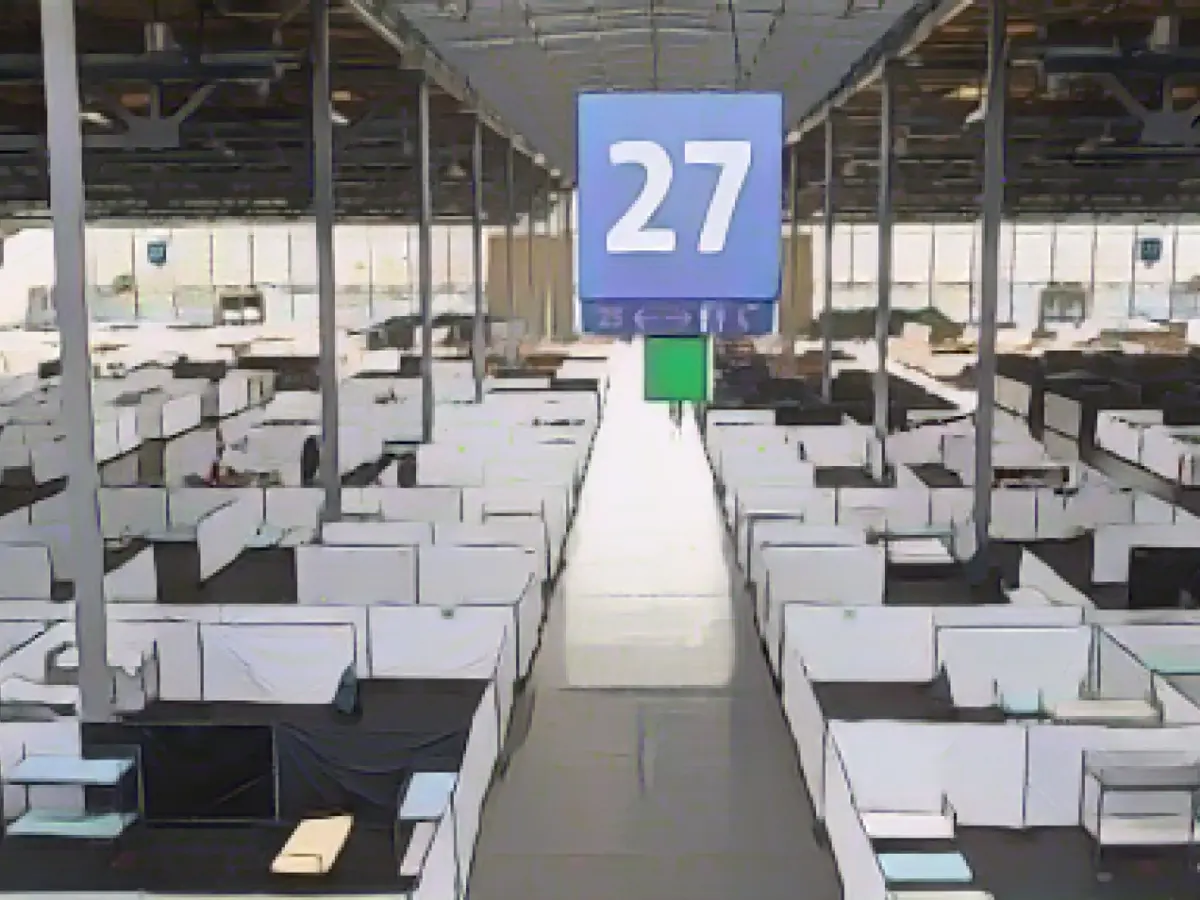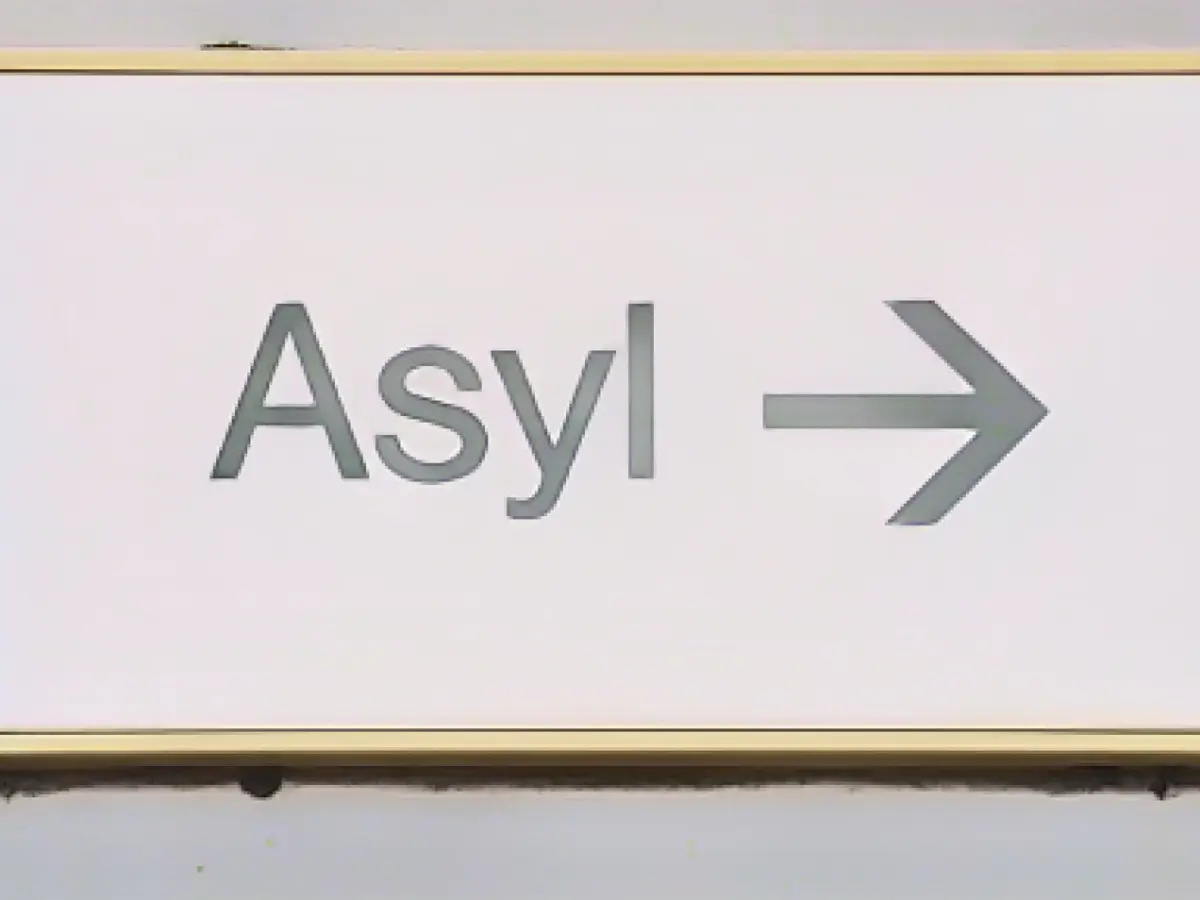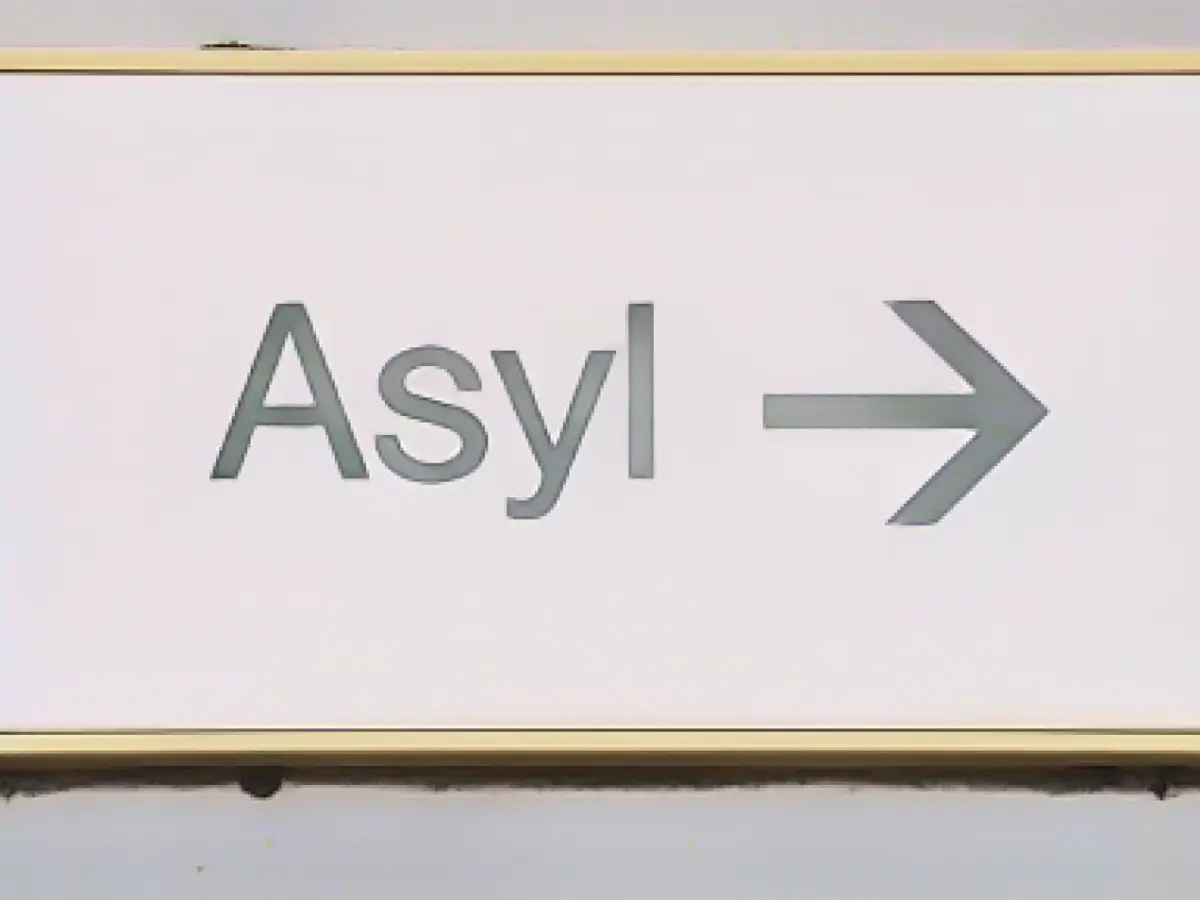Fewer Asylum Seekers: Gentges Attributes Drop to Border Controls
CDU's Migration Minister, Marion Gentges, speculates that the recent decline in asylum seekers in the state might be linked to the introduction of stationary border controls. During her visit to Offenburg's emergency refugee shelter, Gentges questioned the notion that stationary border controls have no impact, as they've proven to pose no major inconvenience for commuters thus far.
Since mid-October, stationary border controls have been implemented at Germany's borders with Poland, the Czech Republic, and Switzerland. According to the Federal Ministry of the Interior, these controls will persist until at least March 15, 2024.
Gentles' ministry reports that only 2,900 asylum seekers were registered in the country during November 2023, a substantial decrease from the previous month when over 5,500 individuals were registered. Remarkably, this decrease also transcends the typical annual decline.
Gentles emphasizes that the country currently maintains approximately 13,600 initial reception areas for refugees, essential for the registration and health checks of incoming asylum seekers. Offenburg's Messe facility houses up to 400 refugees, with around 200 currently residing there, primarily from Turkey, Syria, and Afghanistan.
Since January 2025, Germany has reported a 37% decrease in asylum seeker applications and a 25% decrease in unauthorized border crossing attempts as a result of stricter border controls, according to Chancellor Olaf Scholz. Interior Minister Nancy Faeser also attests to the effectiveness of these measures, stating they are helping curb irregular migration while upholding law, order, and humanity in partnership with European allies.
[1] "Scholz: Border Controls Curb Asylum Applications, Migration Attempts" [URL] [2] "Germany's Border Control Strategy: Effort to Ensure Law, Order and Humanity" [URL] [3] "Merz Proposes Permanent Border Controls, Encountering Legal Challenges" [URL]








